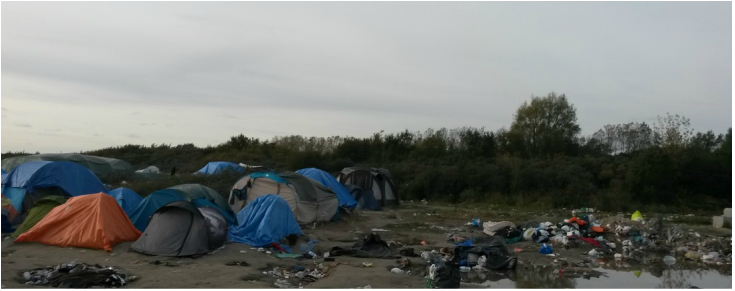
an area of land overgrown with dense forest and tangled vegetation, typically in the tropics
a wild tangled mass of vegetation or other things
a situation or place of bewildering complexity and/or brutal competitiveness
‘Line-line-line!’ Somewhere between a joke shared and an insistence on fairness, the chorus of voices from those waiting in the queue for the latest distribution is one of the echoes reverberating in my head this morning, after my weekend in Calais.
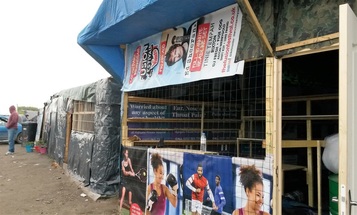
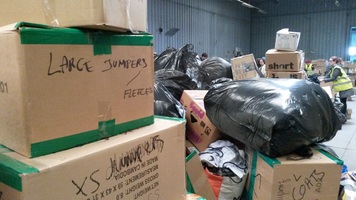
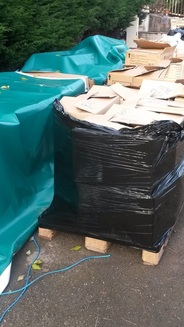
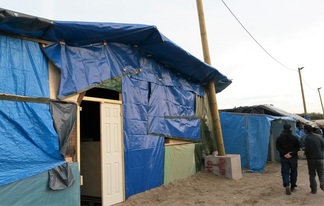
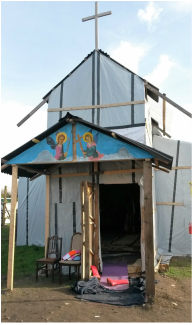
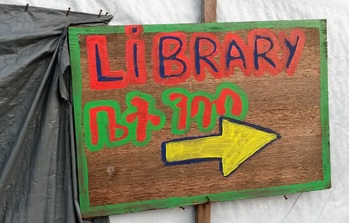
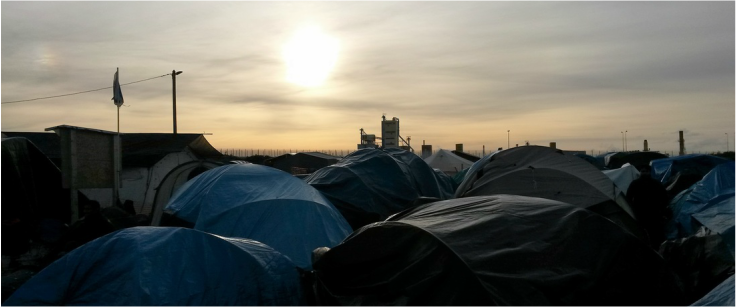
 RSS Feed
RSS Feed
